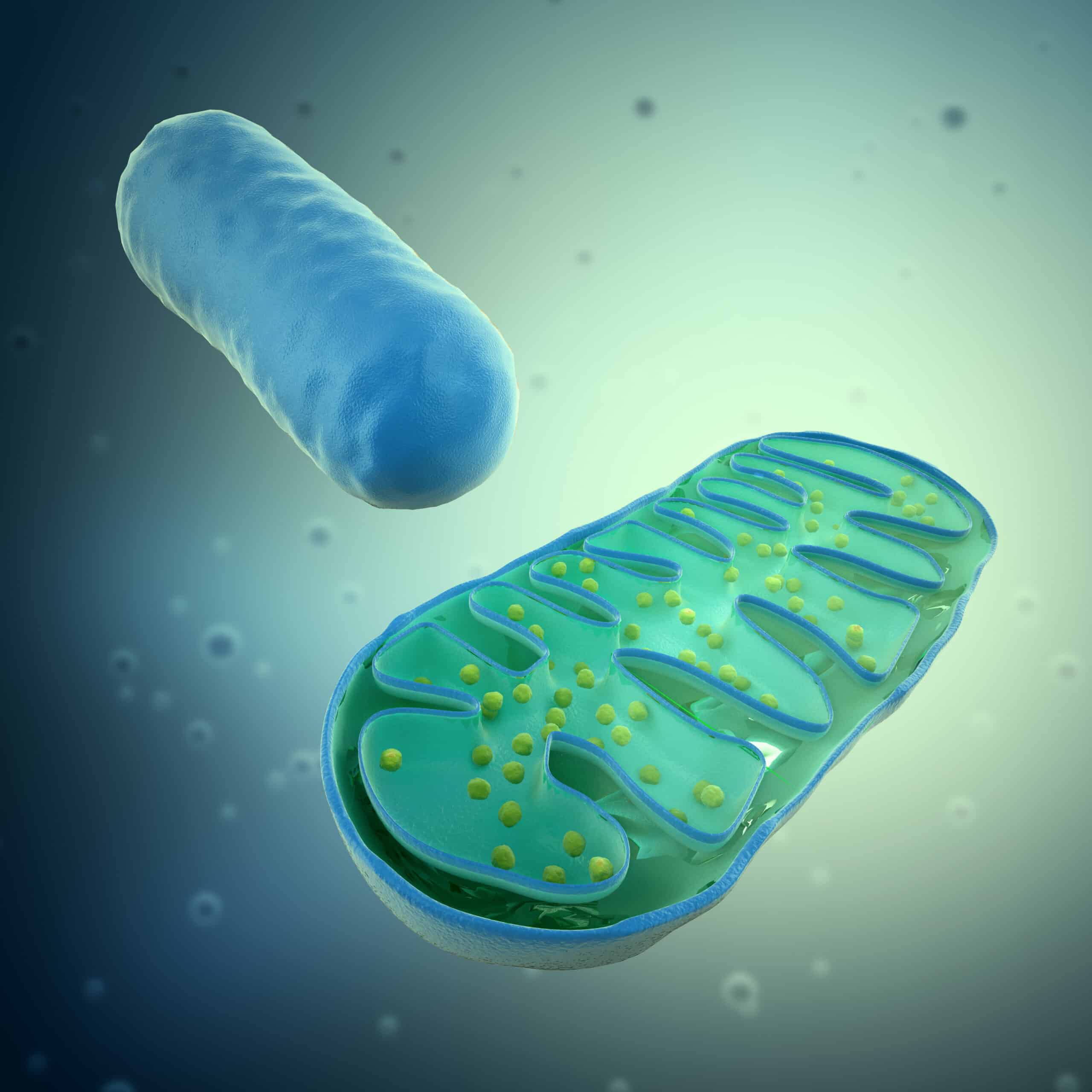A new study published in Science describes the discovery of a sensor for an organelle, that is specifically for the mitochondria. The sensor is part of a very busy protein, it senses, regulates, and delivers the antioxidant glutathione into the mitochondria interior, from there it helps to tamp down oxidizing reactions and maintain iron levels.
“I believe this is going to be a very fruitful find,” says Kıvanç Birsoy and his colleagues in Rockefeller’s Laboratory of Metabolic Regulation and Genetics. “Every time people have studied nutrient sensing, we’ve learned a lot about biology, and many drugs have been developed as a result.”
Glutathione is an antioxidant that is abundant in the mitochondria which are not able to function without it. Glutathione helps to neutralize free radicals that cause serious damage to our DNA and cells if left to wander. Glutathione also helps to repair cell damage and regulate cell proliferation. The loss of this antioxidant is associated with aging, cancer, and neurodegeneration, as a result, supplements have become increasingly popular.
“As the respiratory organelle, mitochondria produces energy,” Birsoy notes. “But mitochondria can also be the source of a lot of oxidative stress.” Adding that “When the antioxidants are low, the level of SLC25A39 increases, and when the antioxidant levels are high, the transport level goes down,” Birsoy says.“Somehow mitochondria figures out how much antioxidant it has, and depending on that amount, it regulates the amount of antioxidant it lets inside.”
“SLC25A39 is both a sensor and a transporter at the same time,” Birsoy explains. “It has two completely independent domains. One domain senses the glutathione, and the other transports it.” Saying that “Finding that interesting loop later led to our understanding of the sensing mechanism.”
“Iron is not only the most abundant metal on Earth, it’s also the most abundant metal in our cells,” says Birsoy. “We believe maintaining the glutathione-to-iron ratio is very important, because if you have too little glutathione, then iron becomes very reactive, and if you have too much glutathione, the iron will not be usable.”
“This particular transporter protein is upregulated in a group of cancers,” Birsoy says. “People have tried to change overall glutathione levels, but now we have a way to change it in mitochondria without impacting other parts of the cell. This kind of targeted therapy could potentially lower the number of side effects that can come with altering glutathione levels across the whole body. I could see a lot of translational outcomes leveraging this new understanding.”




